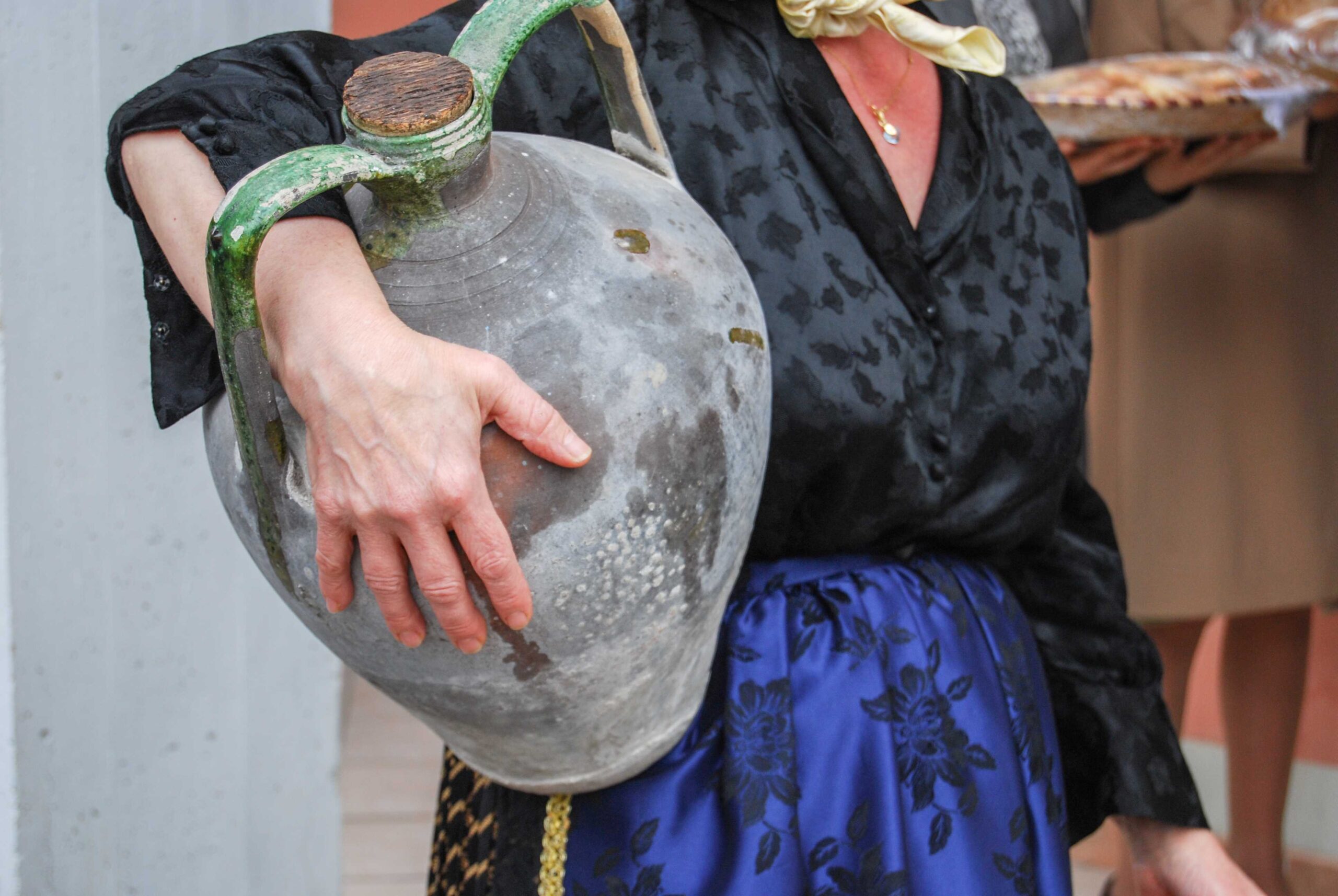
Read: Matthew 1:18-2:23
When Herod died, an angel of the Lord suddenly appeared in a dream to Joseph in Egypt and said, “Get up, take the child and his mother, and go to the land of Israel, for those who were seeking the child’s life are dead.” Then Joseph got up, took the child and his mother, and went to the land of Israel. But when he heard that Archelaus was ruling over Judea in place of his father Herod, he was afraid to go there. And after being warned in a dream, he went away to the district of Galilee. There he made his home in a town called Nazareth, so that what had been spoken through the prophets might be fulfilled, “He will be called a Nasorean” (Matthew 2:19-23, NRSV).
I’m one of those people who rarely remembers their dreams. Before I met my wife, Mary, I was always the one who sat silently by while other people recounted their fantastic nocturnal adventures. Even when they told hair-raising stories of nightmares, I often found myself a little jealous. Why was my own dreamscape such a big, boring blank?
My name made this worse. When your name is “Joseph,” people expect you to be both a dreamer and an interpreter of dreams. But alas. I inherited nothing from my famous ancestor. I simply don’t have the knack.
But then I got engaged to Mary. Suddenly the dreams started coming fast and furious. The first one hit me like a two by four on the side of my head. Strange as this may sound, I’m grateful for it. If the angel of the Lord hadn’t shown up in that dream, I would have called off the wedding. But there was no arguing with this dream or the angel that filled every inch of it with blinding light. “Joseph, son of David,” the angel said, “do not be afraid to take Mary as your wife, for the child conceived in her is from the Holy Spirit. She will bear a son, and you are to name him Jesus, for he will save his people from their sins.”
Suddenly, I found myself sitting bolt upright in my bed. The angel was gone. All I could hear were the crickets outside of the window. But I remember thinking to myself, “Well, that’s a dream I won’t soon forget!” And I didn’t. As soon as the sun came up, I ran all the way to Mary’s house, and we set the date.
The dreams came at regular intervals after that, and always just in time to avert disaster. When King Herod sought to kill the child, the angel showed up again to warn me to flee with my family to Egypt. It’s a good thing we got out of town when we did—though I do wish an angel had shown up to warn all the other parents who ended up losing their little ones to Herod’s fragile ego.
Then, when we were in Egypt, another dream instructed me to “get up, take the child and his mother, and go to the land of Israel, for those who were seeking the child’s life are dead.” I did as I was told, but I have to admit, I was nervous about it. Herod’s son had picked up where his father had left off, and I didn’t trust him. Sure enough, the angel showed up to confirm my suspicions. So, we headed north to Nazareth and made our home there.
I’m getting on in years now, but it’s been a joy to watch Jesus grow. Mary worries. But whenever she gets upset, I remind her of my dreams. I haven’t had one in years, but I like to think that angel would show up again if there was anything to worry about.
Mary just pats my hand and goes back to her gardening. She says she’s pondering my words in her heart.
Ponder: Nobody knows if Joseph was or wasn’t a “dreamer” before he was visited with the very specific visions recorded in the Gospel of Matthew. Still, one has to envy the clarity of these communications! How can we make wise decisions when God’s leading is not this clear?
Pray: Give us wisdom in times of uncertainty, gracious God, and help us to trust you even when we are not sure what you want.










